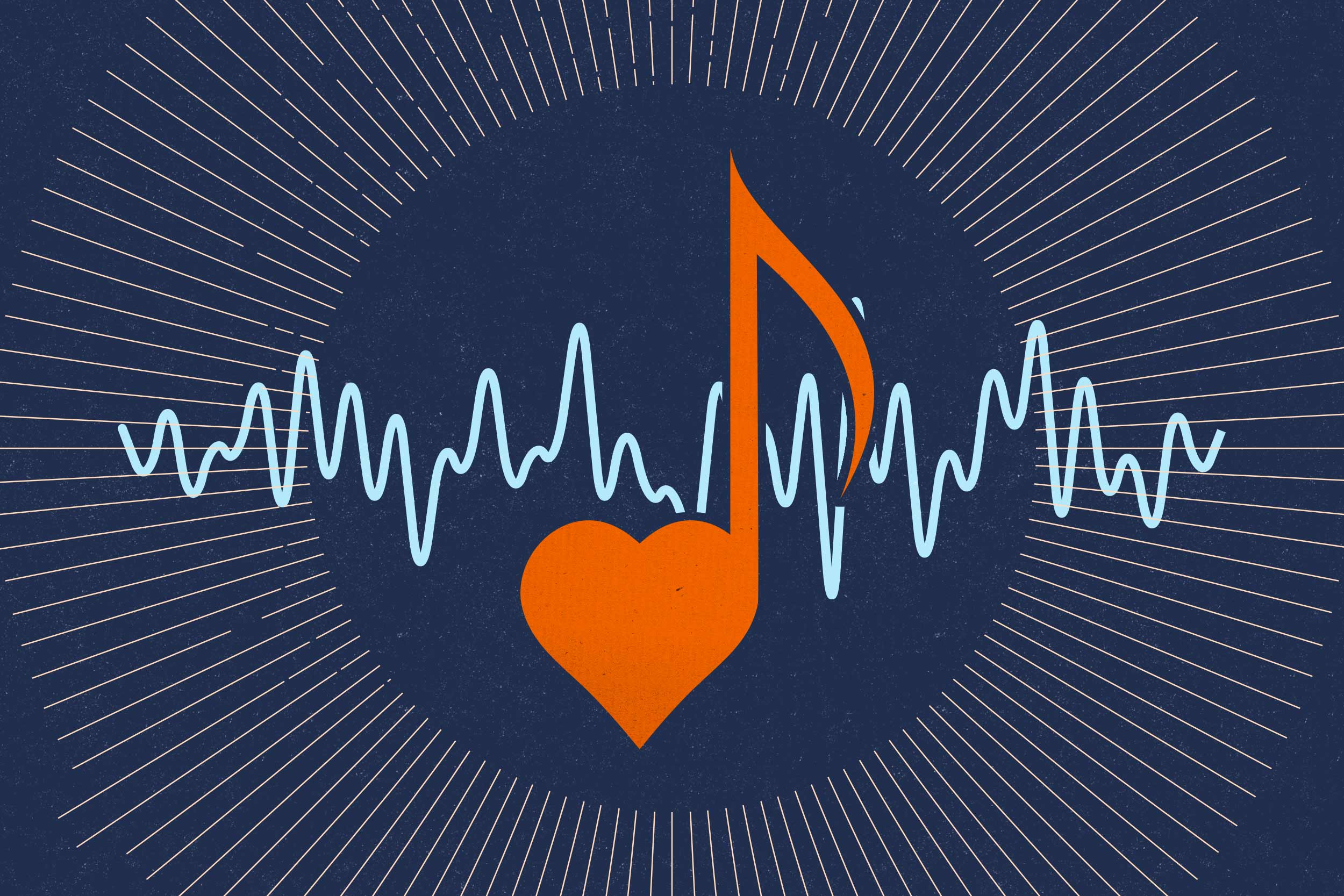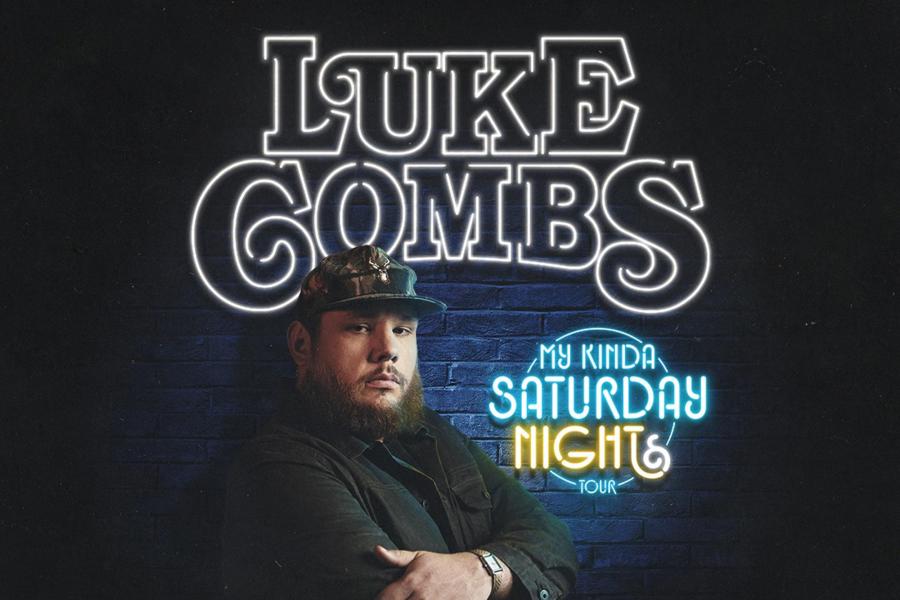If you look at the Top 10 songs on the Billboard charts, odds are you’ll find nary a love song. Tracks about heartbreak, friendship and self-empowerment abound, but straightforward ballads about falling for someone seem to be declining in popular music. Which begs the question: Why aren’t we listening to more love songs?
Music critics at the Huffington Post and NPR, as well as reporters at the data journalism outlet The Pudding, have all searched for an answer. Your Baby Boomer relatives and coworkers might be wondering the same thing as they bemoan the current state of pop music.
But love songs are only experiencing a downturn if you adopt a narrow definition of the genre, said Jack Hamilton, a University of Virginia associate professor of media studies and a pop culture critic for Slate.
“I think of love songs as being anything from the ‘I love you, I love you, I love you,’ devotional ballads to songs about heartache. There are songs about sex, too, which I would say fall under the canopy of love songs,” Hamilton said.
Many of the most popular songs from previous generations are actually about yearning for the object of your affection or mourning the loss. Hamilton would even argue that heartache has been a more prominent theme in pop music for decades. As a Motown fan, he cited some of the genre’s most important songs, like the Supremes’ “Where Did Our Love Go” and “Baby Love.”

Hamilton says it’s a good thing not all pop music sounds the same. (University Communications photo)
“These songs are all beseeching. If you think about what makes a good narrative, there’s always tension, so heartbreak songs tend to be a little more interesting,” Hamilton said.
It’s the same principle romantic comedies follow – that the build-up and the breakup are the most compelling parts of any love story. All happy couples, at least in pop music, are happy in the same way.
Genres like hip-hop and grunge have entered the pop music scene, and those don’t usually deal with love as a primary theme. Though there are love songs in rap, early rappers were “braggadocious” and mostly concerned with storytelling. The biggest grunge songs, like “Smells Like Teen Spirit,” were about angst and alienation.
“You see a reorientation of the concerns of popular music. I would say they opened up lanes for what popular music could be,” Hamilton said.
Many pop records now deal with self-love (which Hamilton doesn’t count as love songs) or more casual, sexual relationships. But songs about sex aren’t new; if you scratch the surface of many love songs from the 1960s and ’70s, you might find that they’re actually about sex, too.
“I always think of Aretha Franklin’s ‘(You Make Me Feel Like) A Natural Woman,’” Hamilton said. “Come on, people.”
Another example of a covertly sexual song is The Shirelles’ “Will You Love Me Tomorrow.”
“It’s a great song, but it’s really about someone who has decided to sleep with someone and is hoping they won’t be kicked out of bed in the morning,” Hamilton said.
Though men and all-male bands like the Rolling Stones were always able to write about sex, their female counterparts had to be more coy.
“Writing about these things specifically would have been out of bounds for women in a lot of contexts. ‘Love to Love You Baby’ by Donna Summers, for example, is pretty tame by current standards, but when it came out, it was controversial,” Hamilton said.










